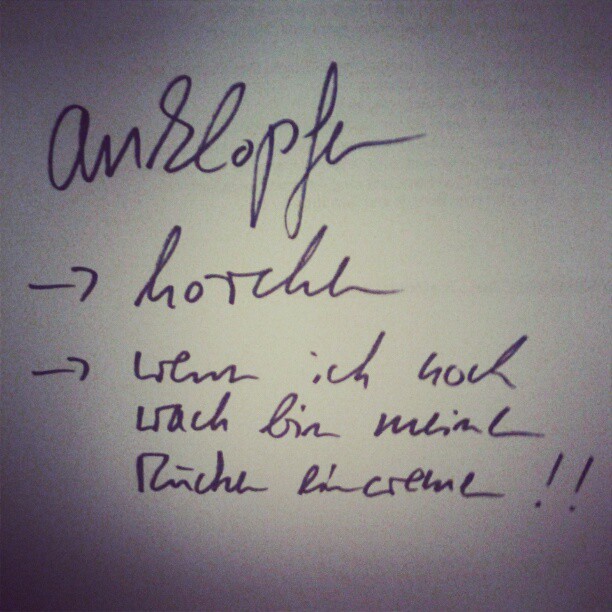EXIF Metadaten aller Bilder eines Ordners entfernen
Um zu checken welche Informationen in einem Bild gespeichert sind:
$ identify -verbose meine_liebe_katze.jpg
Um Metadaten aller jpg-Bilder in einem Ordner zu löschen:
$ cd meine_tollen_katzenbilder
$ mogrify -strip *.jpg
Fertig! Jetzt hast du schöne Katzenbilder ohne jegliche Metadaten.




